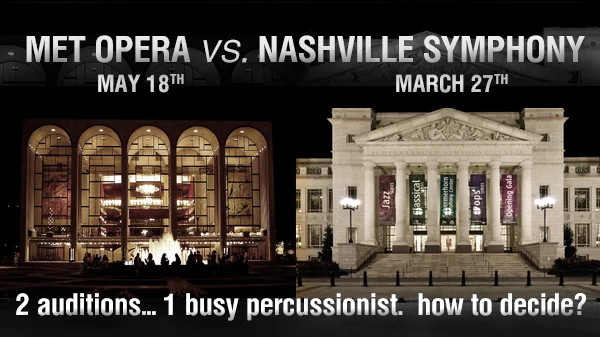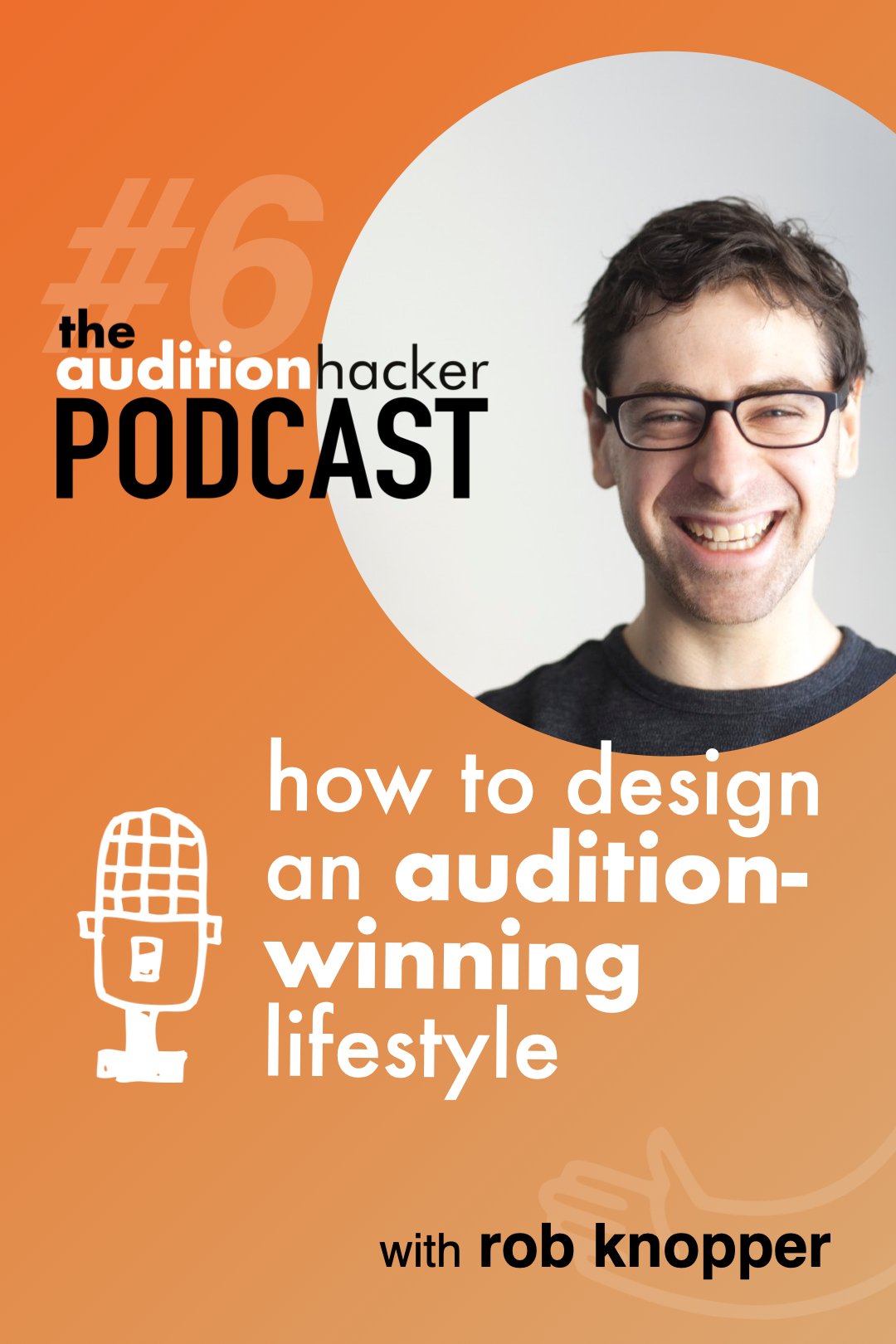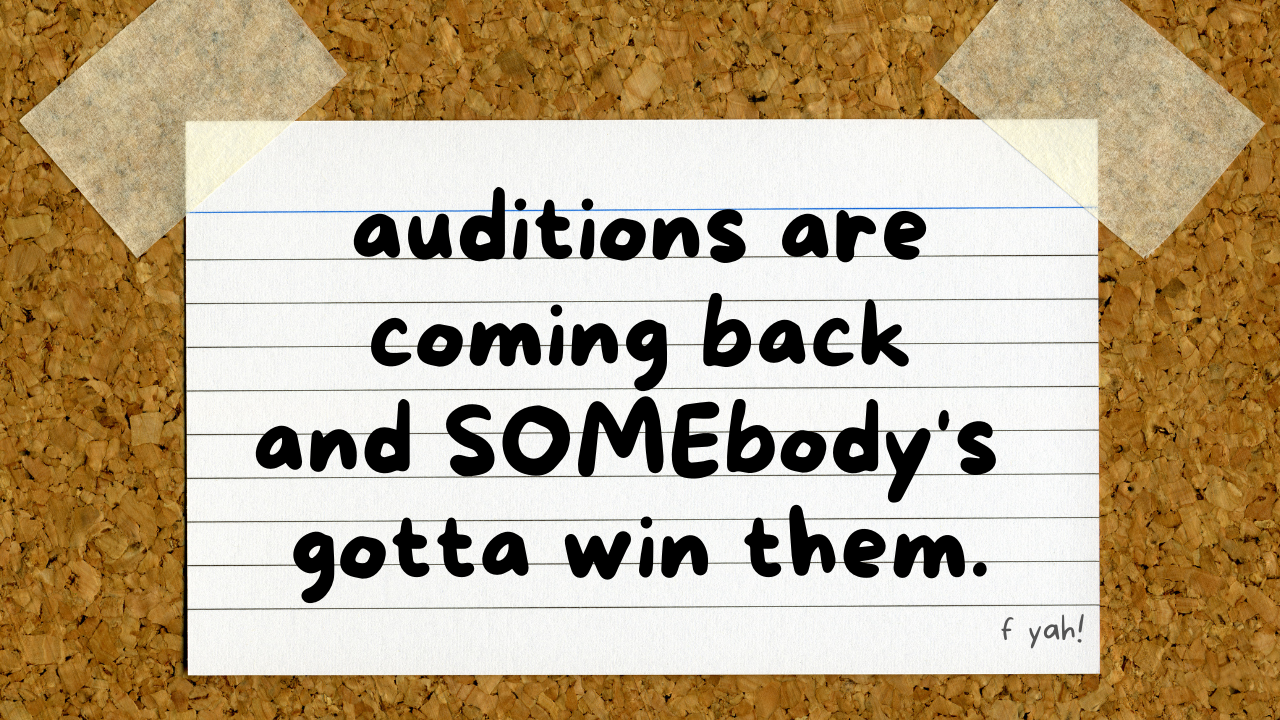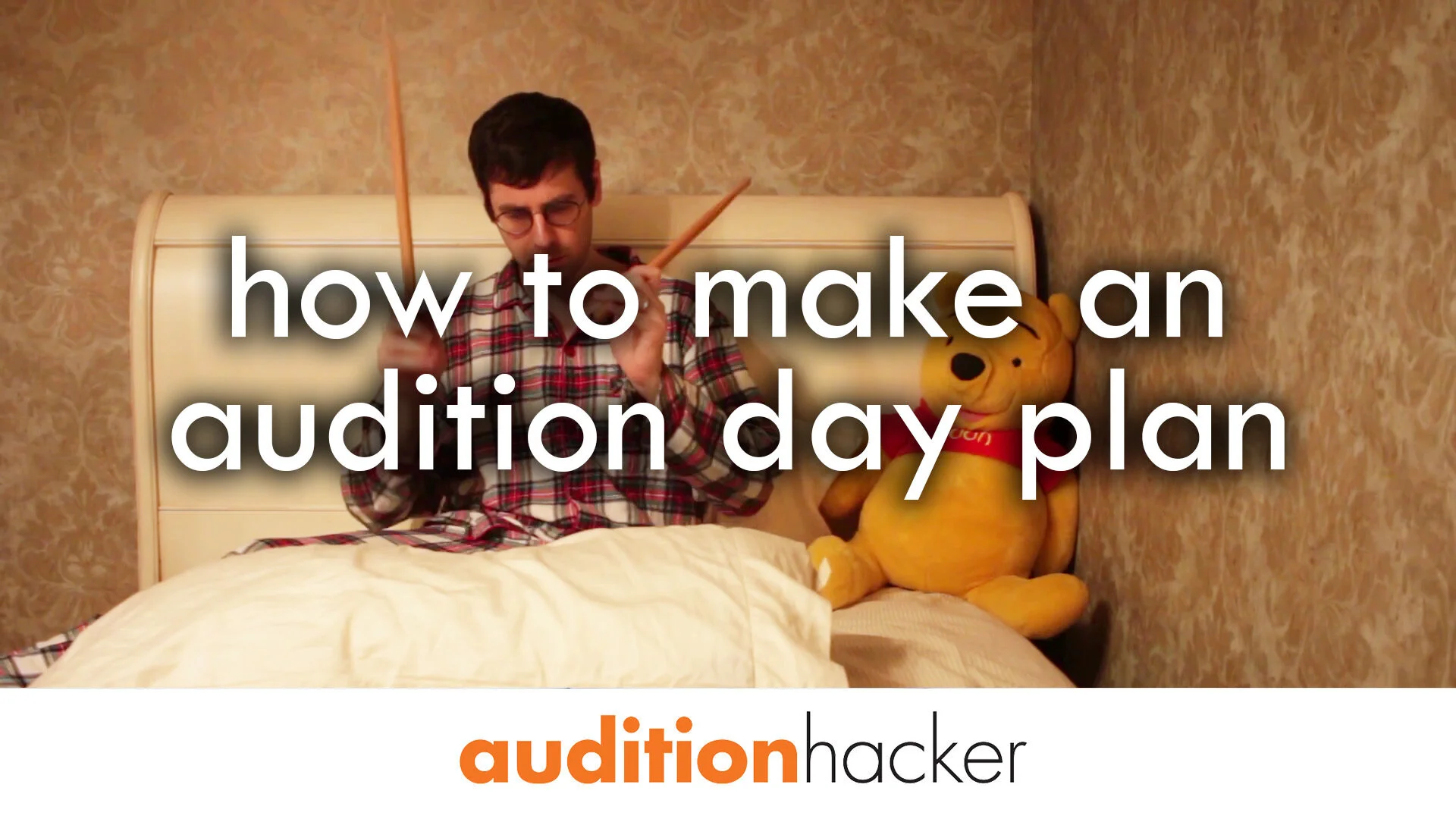in honor of the recent mayweather vs. pacquiao fight, i wanted to present another classic showdown: choosing which audition(s) to take. i faced this conundrum in early 2011. there were three choices - take the met, take nashville, or take both. read on to find out what happened. but first, to get your gears turning, a couple of my favorite quotes:
“never half-ass two things. whole-ass one thing.” - ron swanson
sounds good, right? let me throw another one at you.
“eighty percent of success is showing up.” - woody allen
ok, back to the story. in january of 2011, miami was in the dead of winter. the highs were in the low 70s (ha), and the lows were in the 50s, so all the pretty ladies had on their finest fur coats. the new world symphony was about to open its prized new hall, designed by frank gehry, called the new world center. the organization was getting massive media attention, the musicians were well-dressed and excited to be part of such a monumental event in history. life was good, sort of.
i was a first-year fellow, which means that i had two years left in my fellowship before i’d be kicked out of the orchestra. that also meant that i had two years to win a job in an orchestra that could pay the bills. every night i’d go to bed distracted by the city, but knowing that if i don’t work hard, i’ll end up an out-of-work, poverty-stricken musician with nothing to do.
the plan was, at first, to take the nashville symphony percussion audition. the audition was scheduled for the end of march, and a lot of the excerpts were in my hands already. that audition had been announced in november. but another audition had also been announced in december - section percussion in the met orchestra. i didn’t know what to do. but in january, when the audition list for the met came, it was time to make a decision.
damn.
what to do?
i struggled a lot with this decision. common thinking told me that i should be taking every audition i could get my hands on. i talked to all my buds. they said i should take both. other percussionists in the percussion section at new world were taking the nashville audition. i basically knew all the excerpts, with a few exceptions on the nashville list. but the met was a higher profile job. i ended up making a tactical decision (which i mention at the end of this article), but to get to that decision, i first considered a lot of things.
looking for an audition breakthrough?
here's my 5-step guide to constructing your preparation process and optimizing it for maximum results for any instrument.
here are some of the considerations.
1. how much do you want it?
if you're choosing between two auditions, or deciding to take both, ask yourself how much you really want to have either of those jobs. if you are drawn forcefully to one of the jobs, chances are you're going to push yourself harder to win. you're not going to allow yourself to take shortcuts along the way, and you're going to put in that extra hour at the end of the day. if you want one more than anything, it's going to give you an advantage to say no to everything else. if you want each of the jobs equally, then there may not be much of an advantage to choosing one or the other.
in my case, the two jobs that i've set my sights on and gone after full throttle in my life are the new world symphony and the met orchestra, both of which i won. to me, this is the most important factor in choosing which audition to take. the reasons i wanted to take the met orchestra so much were that (1.) it was a top tier orchestra and would be an excellent 'final' job so that i could stop auditioning, (2.) the auditions were blind through the end and so my work ethic could show through rather than my résumé, and that (3.) according to their audition rules, they hired someone every time, which showed me that i'd have a better chance of winning than an orchestra that doesn't hire, and that if i don't try this time then i'll lose the opportunity to win that position
conclusion: take the met
2. how similar are the rep lists?
in these two auditions, the lists were very different. nashville was all symphonic repertoire, while the met was mostly opera excerpts. i was learning the opera excerpts from scratch - i’d only learned a few of them out of the 40ish total excerpts. if i was gung-ho learning the met list, i knew that any work on excerpts outside of the met list would be taking time away to learn the nashville list. (but… it would be foolish to just not show up to the nashville audition, right?)
if you’re going to take both auditions, you are going to have to combine the two lists into one compilation. this is something i did with summer festival auditions. 5 small summer festival audition lists would turn into a giant single audition list, which i prepared evenly so i’d be ready for everything. you may remember how those usually went. (rejection.)
if you put both lists together, and the compiled list isn’t significantly bigger than either single list, then you might take both. if they are completely different, the impact on your ability to adequately prepare for both might be too much to realistically bear.
conclusion: take one, but not both
3. how close are they together?
if the two auditions are one day apart, your audition preparation is going to be parallel for each. you can work on the notes of both, then you can work on self-recording for both, then you can do mock auditions for both. whatever your routine is for the week before an audition, you can do that routine for both at the same time.
if the auditions are far apart, like 4 weeks, then it’s going to significantly affect your audition process. if your audition process has you beginning mock auditions 4 weeks before an audition, you’ll be starting the mock audition process for audition number 1 during the note-learning phase of audition number 2. can you make it work? is it worth it?
conclusion: take one, but not both
4. are there many auditions for your instrument in general?
i was torn because in that year there were only 3 full-time percussion openings in the entire country. (as far as i remember.) there was an associate principal percussion job in milwaukee (which my new world symphony colleague rob klieger won…booyah.) there was nashville, and there was the met job. i had already lost milwaukee. with so few job openings, shouldn’t i at least give myself an opportunity to win each remaining one?
some instruments deal with this issue more than others. there might only be one principal timpani audition in the united states in a year. it's probably the same way with harp or tuba. percussion might be similar to instruments where each orchestra has around 3 or 4 people, like in the woodwinds or brass sections.
but every once in a while, there's a high density time of a bunch of auditions for your instrument. if you knew that there probably won't be another opportunity to win a job anytime soon, would that make you take two concurrent auditions?
conclusion: take both
santa, with whom i collaborated at my first professional orchestra concert.
5. how realistic is this job for you?
before i started at the met, i had basically no professional orchestra experience. actually, scratch that. the first line of my resume said that i had performed christmas pops with the fort wayne philharmonic. that was an awesome show, and santa actually showed up, but other than that i had never had the pleasure of playing in a professional orchestra. for someone with no professional experience…at all… isn’t a position with the nashville symphony a more realistic next step than a jump to the met orchestra?
conclusion: take nashville
so, considering all the considerations, what did i choose?
the choice
as i mulled over all these competing thoughts and opinions, i realized that there was a tactical element that i could take advantage of. if there are only two major percussion auditions happening in the united states during the spring of 2011, that means that most people are going through this thought process. in fact, i knew a lot of the major audition-takers at that time, and i knew that a lot of them were gunning for nashville.
that meant that after nashville was over, at the beginning of april, they were just beginning to learn all the opera excerpts for the met from scratch. i realized that if i started learning the opera excerpts when the repertoire was released, i would have a 2 month advantage over the nashville participants. and since the met audition was totally blind, voted democratically and without any discussion, i knew that it would just come down to my work ethic, which is something i've always trusted to come through. (i've always thought that, regardless of talent or intuition, i have the ability to sit by myself in a room and work harder than anyone i've ever met. i'll get into that at another time.)
i decided the day the list came that i was going to go all-out, balls-to-the-wall, and nothing would stop me. i dove into the met list and didn't come up for air. at one point, i second-guessed my decision. i spent a few days in the middle practicing for the nashville audition, but i promptly cancelled it after realizing that it would not be in my best interest.
what would you do?
looking for an audition breakthrough?
here's my 5-step guide to constructing your preparation process and optimizing it for maximum results for any instrument.
















in 2019, a cellist named maria reached out to me about her audition struggles. on paper, she was the “worst audition candidate ever” (her words). she had 2 small children, a full-time teaching job, and hadn’t taken an audition in 4 years.